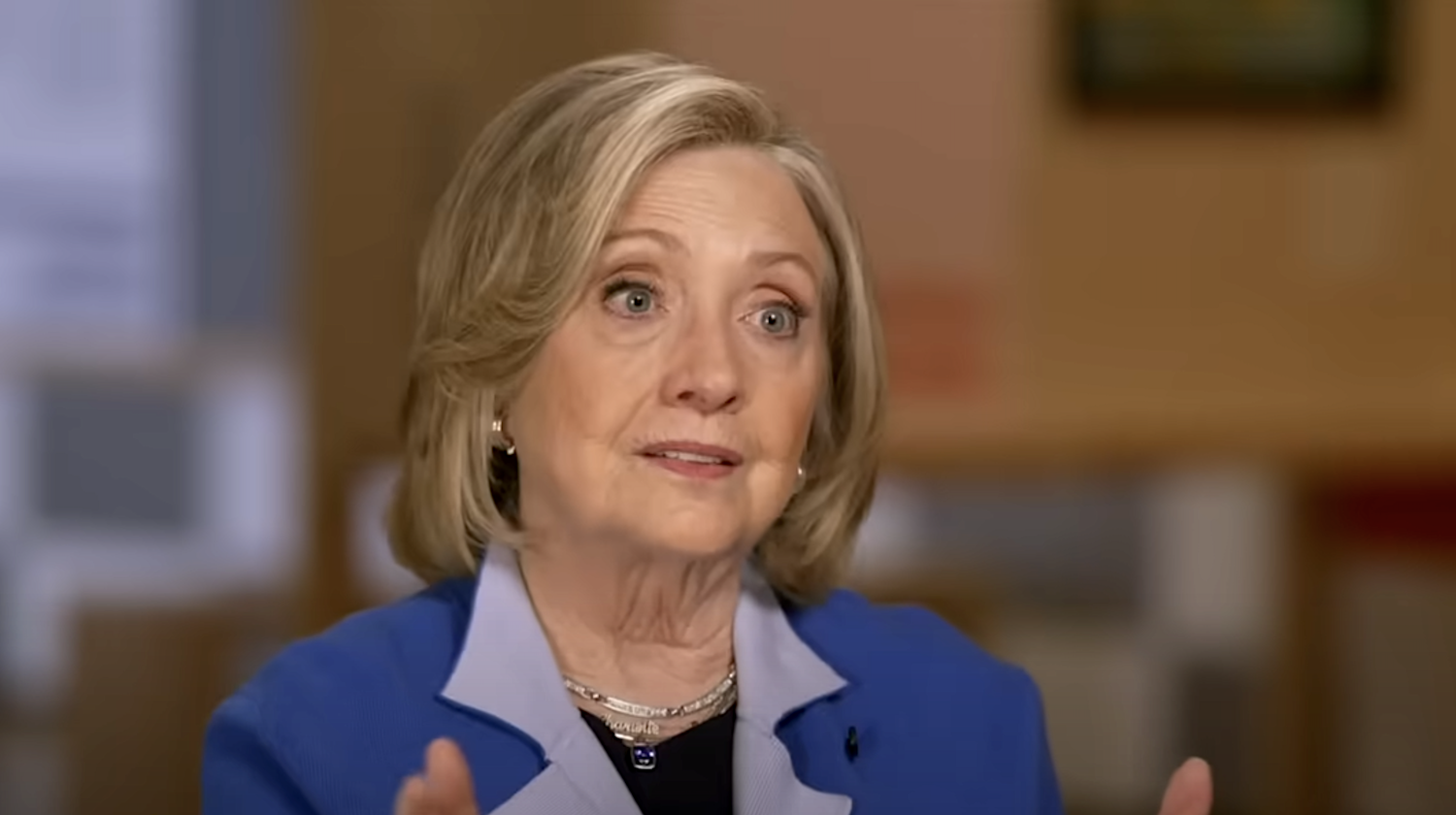Musk endorses Germany’s right-wing AfD party
Elon Musk has entered international politics by endorsing Germany’s right-wing Alternative für Deutschland (AfD) party ahead of the country’s elections scheduled for February 2025. The AfD, recognized for its anti-immigration stance, has gained popularity, securing its first electoral victory in the previously communist state of Thuringia in September 2024.Musk expressed his support on Twitter, stating, “Only the AfD can save Germany.”
He has previously shown curiosity about the party, questioning why it is viewed negatively and asserting that its policies do not seem extremist. AfD spokeswoman Alice Weidel welcomed Musk’s endorsement, criticizing former Chancellor Angela Merkel’s leadership and labeling the European Union as a “Soviet European Union.”
While the endorsement was praised by the AfD and similar groups, it has drawn backlash from established German political parties, highlighting the polarized nature of political discourse in the country.
Musk wades into international politics with endorsement of Germany’s right-wing AfD party
Tesla CEO Elon Musk waded into international politics, endorsing the right-wing Alternative fur Deutschland party ahead of Germany‘s February 2025 elections.
AfD is broadly considered a right-wing or far-right party. It is mainly characterized by its anti-immigration stance, which has won laudits among Germans disillusioned with the country’s immigration system. It has surged in the polls this year, winning its first election in September in the formerly communist state of Thuringia.
Ahead of Germany’s snap elections in February, triggered by the collapse of the ruling Social Democratic Party, Musk threw his support behind the resurgent party.
“Only the AfD can save Germany,” Musk said.
Musk had flirted with the party previously, expressing confusion in June as to why it was considered controversial.
“Why is there such a negative reaction from some about AfD? They keep saying ‘far right’, but the policies of AfD that I’ve read about don’t sound extremist,” he said. “Maybe I’m missing something.”
AfD spokeswoman Alice Weidel welcomed Musk’s support, directing him to an interview she did with Bloomberg. In it, she accused “socialist Merkel” of ruining Germany and referred to the European Union as the “Soviet European Union.”
She followed up with a video message expressing support for Musk and President-elect Donald Trump.
“Dear @elonmusk, Thank you so much for your note,” she said. “The Alternative for Germany is indeed the one and only alternative for our country; our very last option. I wish you and President Donald #Trump all the best for the upcoming tenure! And also, I wish you and all the American people Merry #Christmas and a Happy New Year.”
Though welcomed by the AfD and other right-wing parties, establishment German parties expressed their displeasure with Musk’s endorsement.
“We have freedom of opinion — it also goes for multibillionaires, but freedom of opinion also means that you can say things that aren’t right and don’t contain good political advice,” German Chancellor Olaf Scholz said. “I say emphatically that the democratic parties in Germany all see it differently.”
Other establishment party figures were more overt.
“It is threatening, irritating, and unacceptable for a key figure in the future U.S. government to interfere in the German election campaign,” Dennis Radtke, a European Parliament member of the center-right Christian Democratic Union, told Handelsblatt.
Radtke, who has called X a “disinformation slingshot,” said Musk is a “threat to democracy in the Western world.”
The AfD has been growing in popularity since former Chancellor Angela Merkel decided to take in a large number of mostly Syrian refugees in 2015. Though the party has featured prominently in polls since 2015, it has always been locked out of the government due to an agreement among all the major parties that they would not work with the AfD, viewing it as too extreme.
That could change in February, as the party has taken the second spot in polling — above the ruling SPD Party. Another surging party, the eclectic left-wing populist Sahra Wagenknecht Alliance, or BSW, has signaled that it may be willing to work with the AfD in a coalition.
Even if the other parties ruled out a governing coalition with the AfD, it would still be able to serve as a spoiler and disrupter in Parliament if it received a significant enough share of the vote.
The AfD’s shock September victory in Thuringia sent shockwaves through the German political scene, with some analysts declaring it the first victory for a far-right party since the creation of the modern German state.
The exact label of the AfD Party is itself a source of controversy. Left-wing critics openly accuse it of being a neo-Nazi group. Der Spiegel called the victorious Thuringia AfD leader Björn Höcke a “Clandestine Hitler.”
The party has consistently rejected the far-right label, with its leaders saying the party stands for “the liberal democratic order and has nothing to do with this suspected neo-Nazi grouping.”
Other analysts take a more nuanced view, painting the party as a coalition of different broadly right-wing ideological factions.
" Conservative News Daily does not always share or support the views and opinions expressed here; they are just those of the writer."





Now loading...